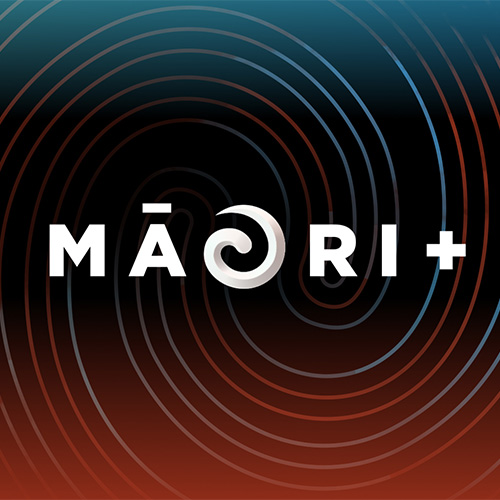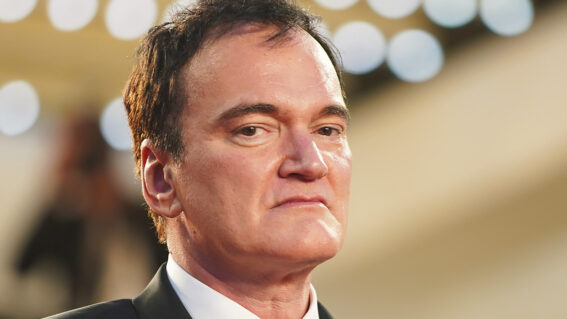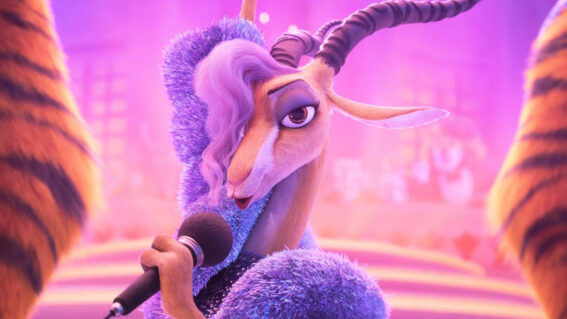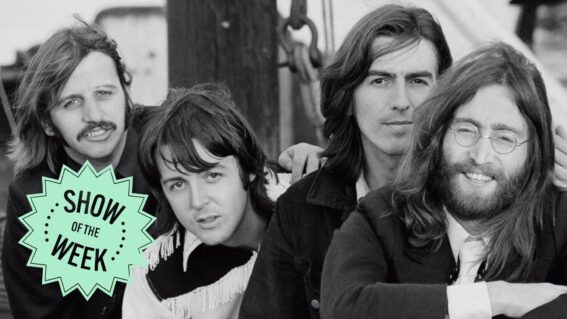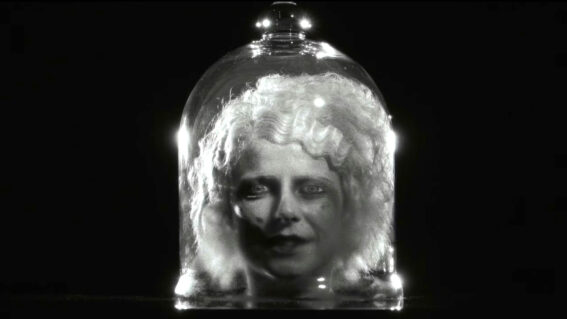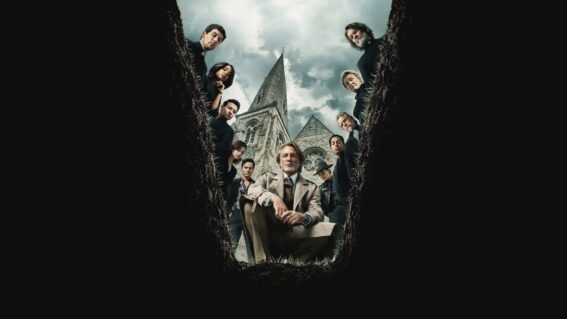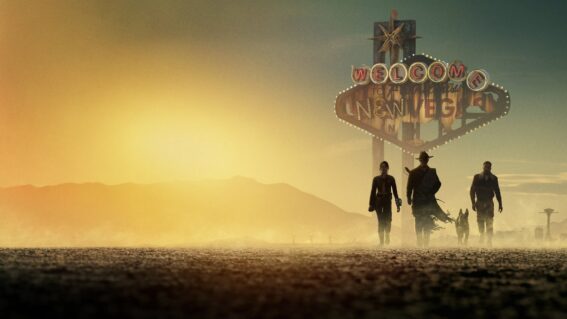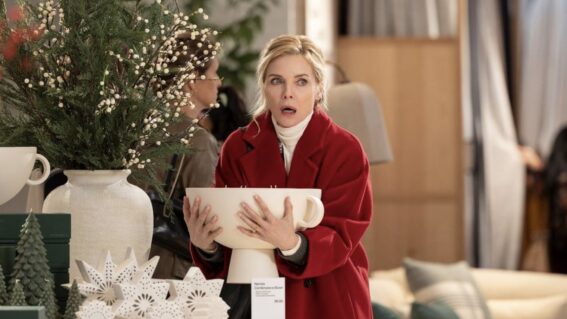Bringing stage, cinema, and people together with Taki Rua Theatre
“One thing that is really important about live theatre is its sense of bringing people together. Cinema as well.”
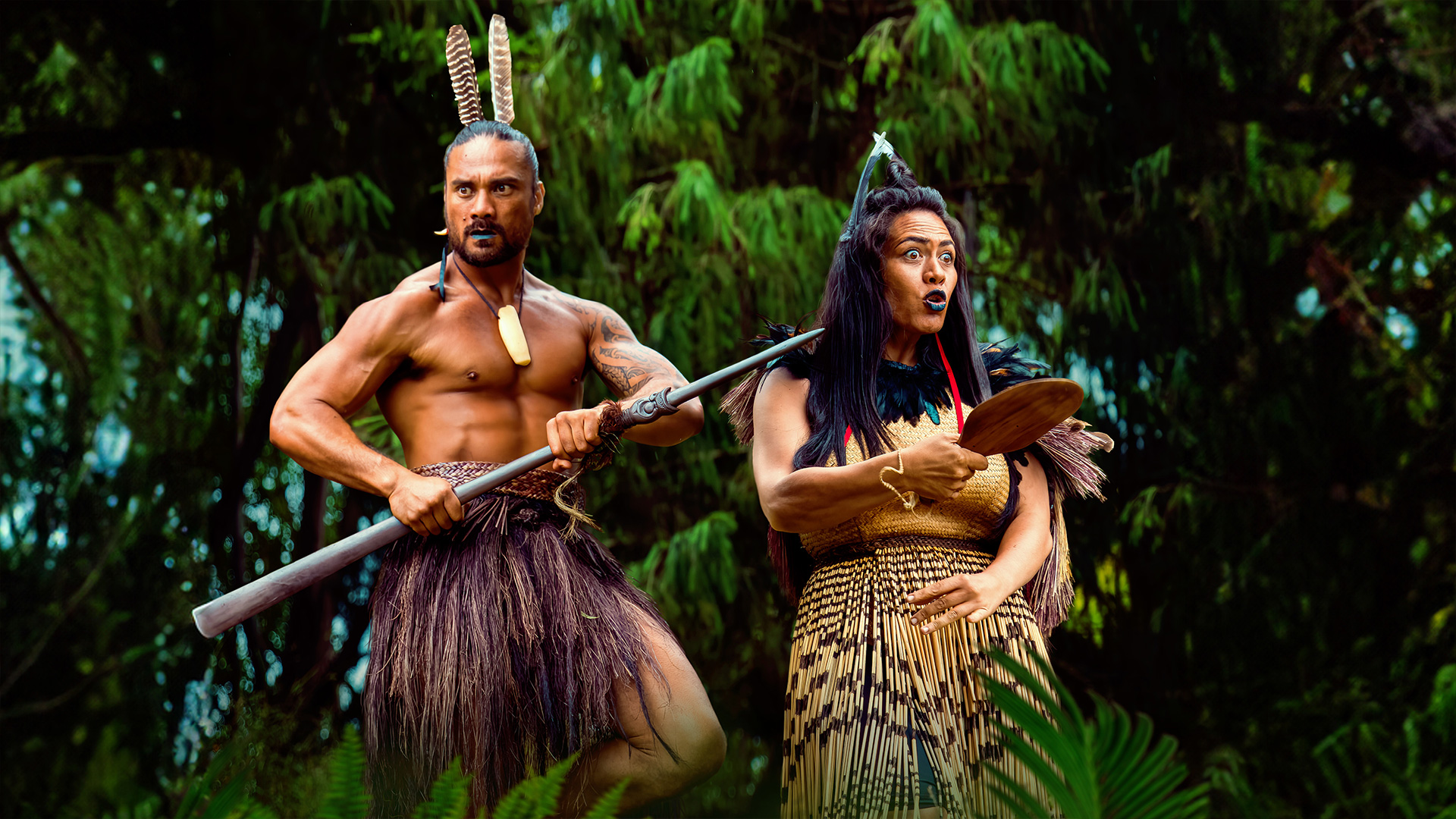
Having played at this year’s Whānau Mārama: New Zealand International Film Festival, Taki Rua Theatre: Breaking Barriers returns to select cinemas nationwide. Liam Maguren talks to director Whetū Fala about the film, the impact of the theatre, and the value of bringing people together for art.
Taki Rua Theatre: Breaking Barriers
Aotearoa documentary Taki Rua Theatre: Breaking Barriers tells the story of Taki Rua Productions, a kaupapa Māori theatre company born in downtown Wellington after the tumultuous 1981 Springbok tour. The film’s director, Whetū Fala, is deeply connected to the company—a link that’s evident in the way she showcases key performances and lays out Taki Rua’s transformation over the last four decades.
I caught the film at Whānau Mārama earlier this year where I learned, to my great surprise, that Fala and I are from the same, relatively small iwi—Ngā Rauru.
This was the first thing I brought up in our chat about the film, which returns to cinemas 28 November. Connecting the whānau dots, we quickly figured out that we’re pretty much cousins. This ended up being the perfect start to our conversation about Taki Rua Theatre—one that would speak largely to the power of theatre and cinema as a means of bringing people together.
Fala sets the scene: “I was a working actor in Wellington. At that time, there were very few Māori and we all knew each other. The kaumātua of that time decided that I was a likely person to organise things, and so that’s how I got involved with the theatre.”
The march against apartheid in South Africa stirred something in Depot Theatre, the original pākehā collective. “They wanted to do something that made sense of their experiences,” Fala explains. “For many of them, it was the first time they’d ever experienced that type of activity, and they’re like, ‘Well, we can march for South Africa, but why can’t we march for Te Tiriti and Māori people? What’s stopping us?’ So that’s what motivated them.”
That motivation led to a partnership with Māori, eventually transforming the company into Taki Rua Theatre.
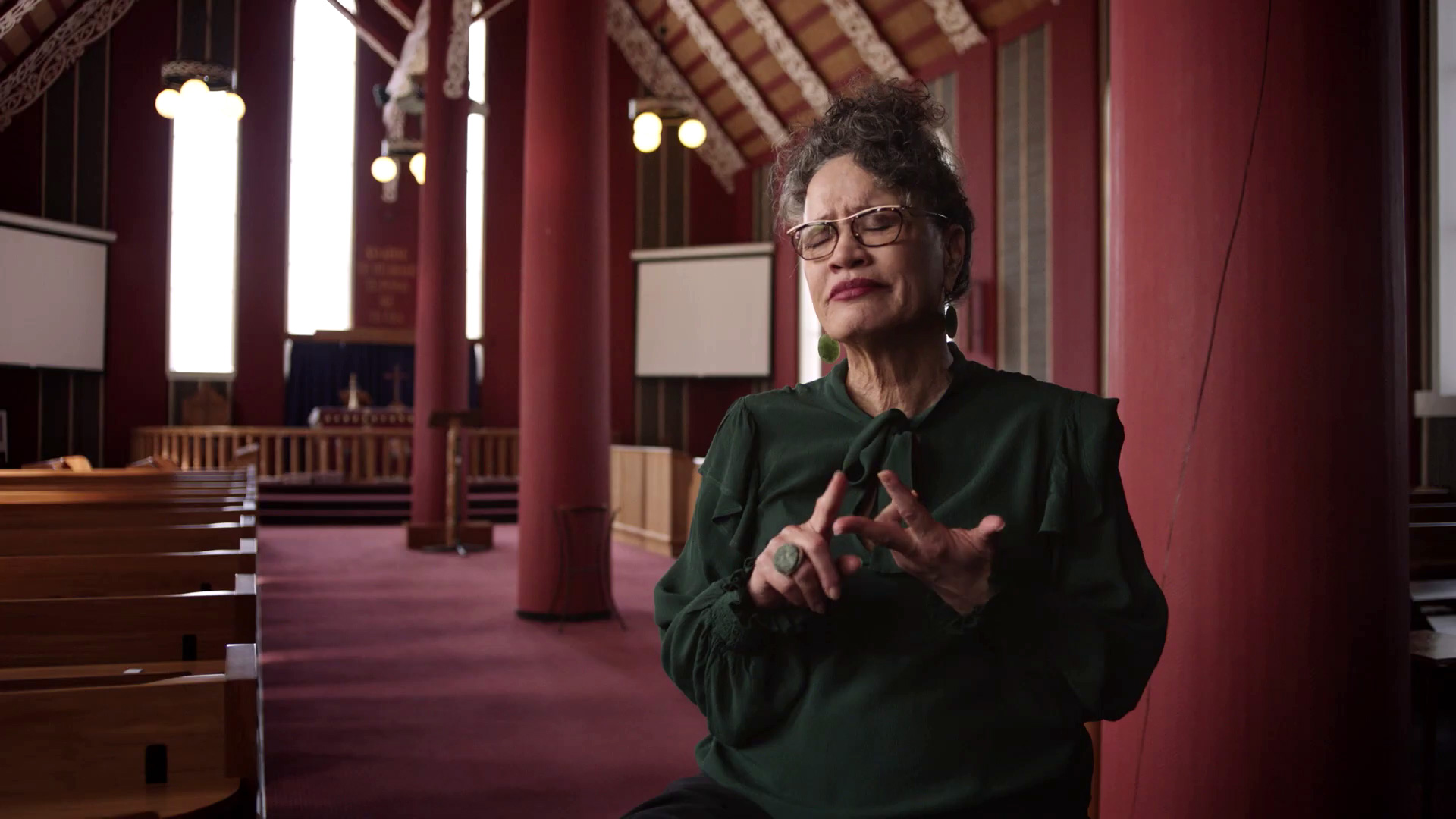
In her mid-20s, Fala was one of two people tasked with distributing grant money in a meaningful and transparent way. “We were, like, 25 years old. The first charge of money we got was $30,000 which was a lot of money then, and then the second change we got something like $90,000 to create works.” The increase in funds reflected their success, though they would fall on turbulent times in the proceeding years.
Decades after Taki Rua’s establishment, Fala found herself reunited with the theatre group, only to discover the new generation were largely unaware who she or the original members were. “I never realised in my own lifetime that their story would be overlooked and that it would be lost. That was our fault. We were there and we didn’t make sure that these young ones [knew].”
That’s what drove the creation of Taki Rua Theatre: Breaking Barriers, though Fala initially didn’t plan on making a film. “I had no intention of doing it, but I realised when I contacted my other colleagues too, they were like, ‘You better do the film, then everyone can understand.’ We’re part of the fabric.”
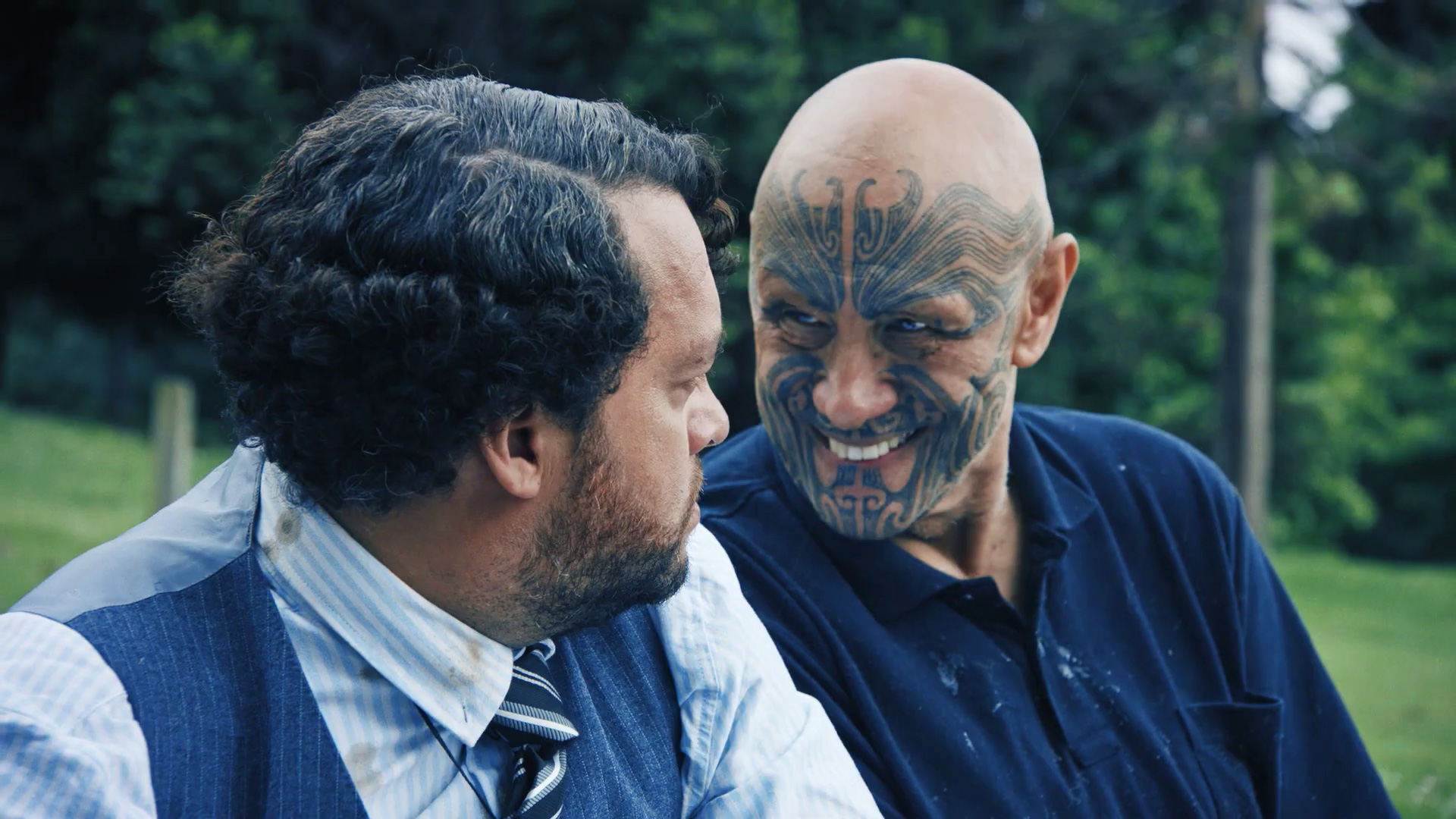
To showcase the theatre’s work on-screen, Fala stages select scenes in outdoor locations. It’s an inspired move, but not everyone was on board with the idea. “I had to persuade a lot of people to let me do this,” Fala recalls. “They were like, ‘It’s theatre, so it must be in the theatre.’ There was a lot of pushback [from] our own community, taking ourselves far too seriously. But if you look at the kaupapa of the film, which is about Te Ao Māori, and how that relates to all of us, our first theatre is outside. It’s the ngāhere. It’s the ocean. That’s our stage. It was a no-brainer, from a Māori point of view and from a theatre point of view—the Greeks and the Romans had the amphitheatres.”
Fortunately for Fala, there was no pushback from the writers of the original pieces. “All of [them] were so thrilled. They’re old friends. They let me have these scenes. They were like, ‘We trust you, sister.’ I didn’t change any dialogue whatsoever. I just had to adjust the settings to where we were.”
COVID lockdowns forced the production to film in Fala’s hometown of Whanganui, “a childhood dream come true” for the director. This realisation proved to be her most memorable moment of the production: “I had about two seconds to [process] that thought, but it’s two seconds that’s lasted four and a half years.”
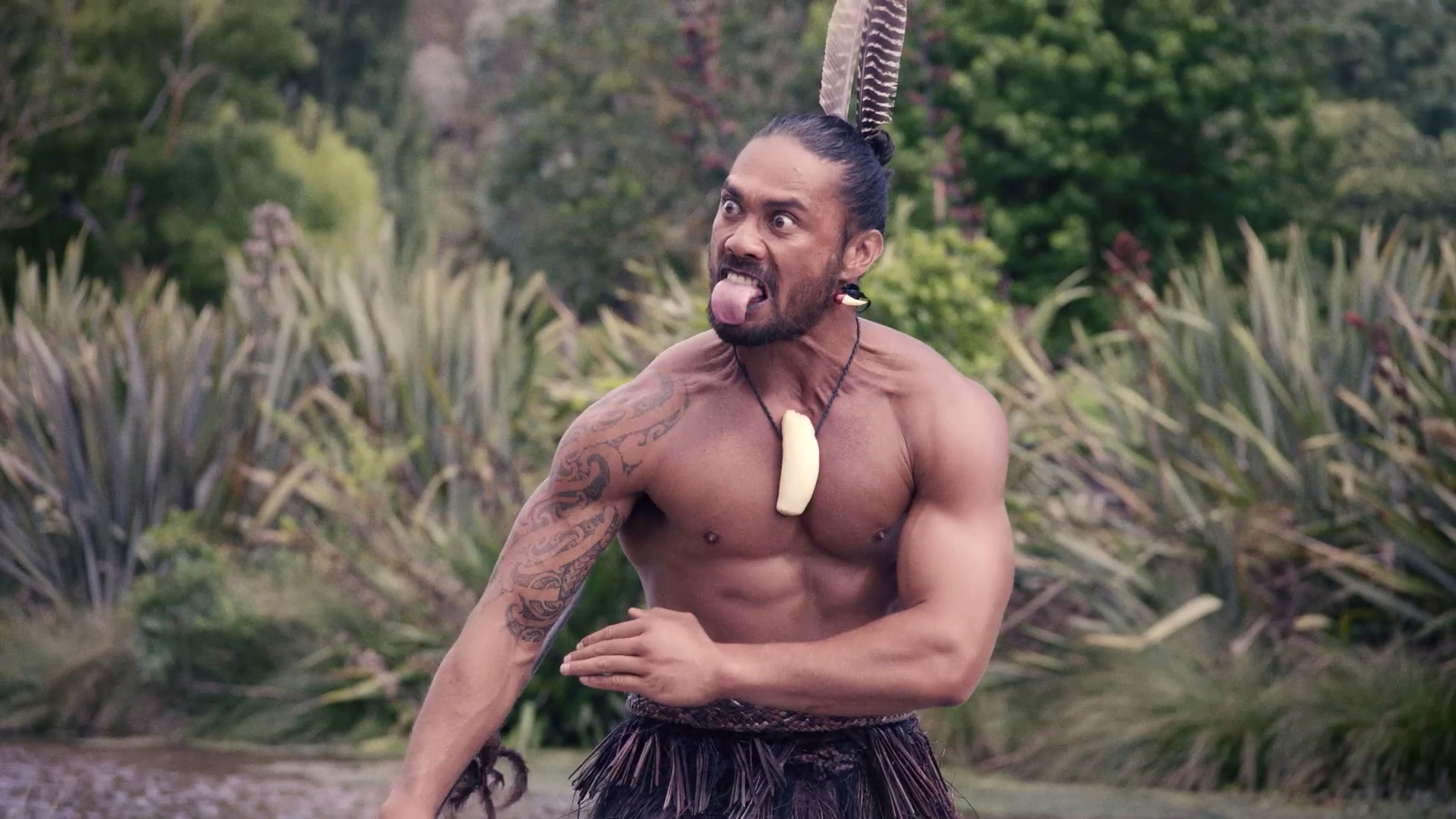
I asked for Fala’s opinion on the current state of live theatre in Aotearoa. She’s frank: “I think it’s failing. With the closure of one of the theatres in Dunedin, two years ago, and with the current fiscal crisis… In my day, we used to get yearlong, two-yearlong contracts, and we were well paid. I don’t think any of that exists anymore for theatre actors. It’s more like cinema: now you do a three-month gig, if you’re lucky, and then you’re looking for another gig.”
But the value of theatre, and cinema for that matter, remains the same: “One thing that is really important about live theatre is its sense of bringing people together. Cinema as well. The act of everyone coming together to one place, to join together, even if you don’t talk to each other, you’re together to watch people’s creativity. I think that has been overtaken by this dear friend [gestures to smart phone] and we become more and more about ourselves.”
By gathering together, the opposite becomes true, Fala argues: “You’re going to lose yourself in the world of the story. You’re going to be transported away into this world. And I agree with our founders and the people in our film—that is a very important aspect for a good and healthy community.”
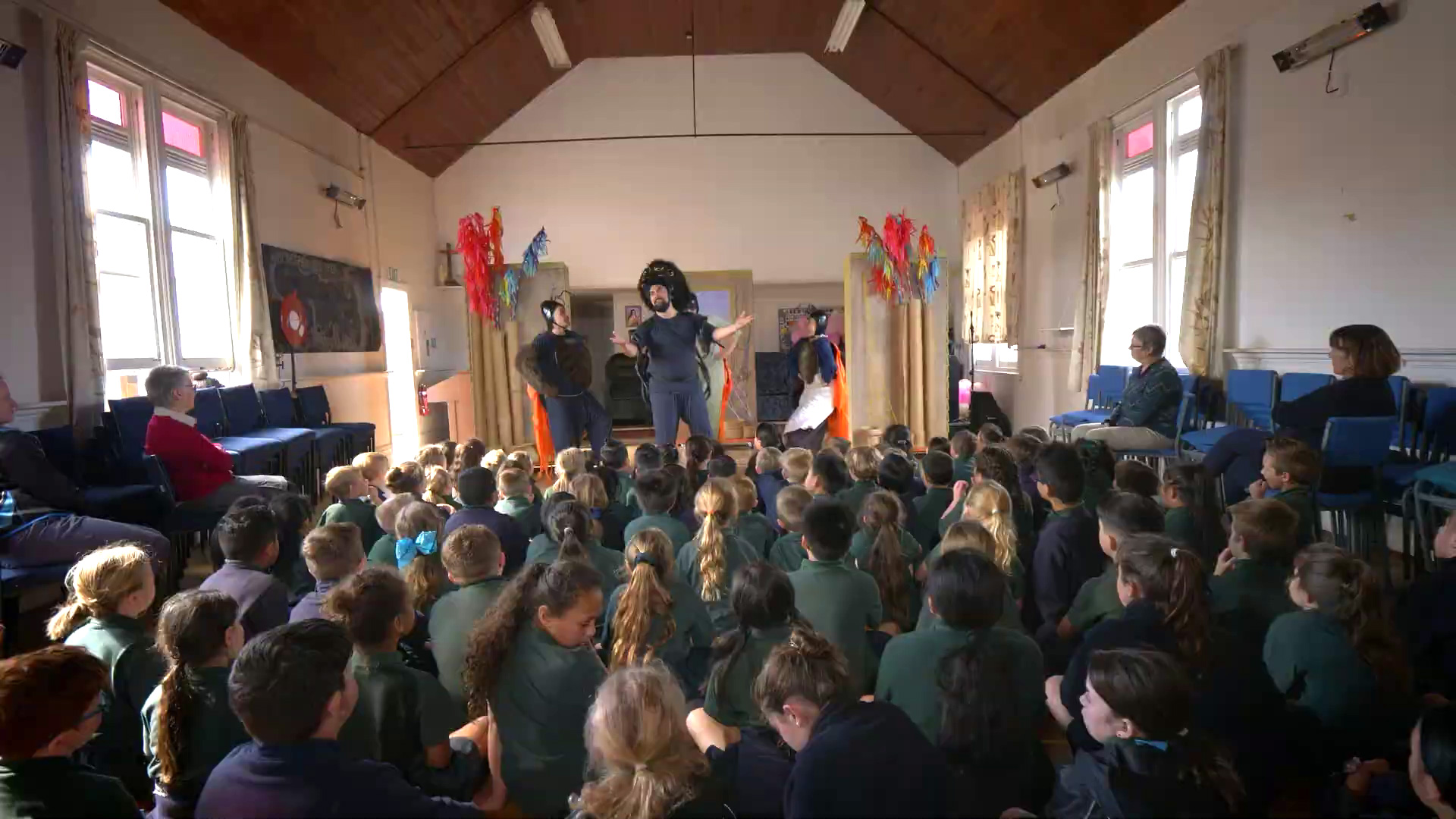
“When we lived in Wellington, we went to the film festival every year. There was a group of people in two rows—I don’t even know half their names—and we were the people that had an interest in certain films, and we would [chat] afterwards. If I saw any of those people out of the context of film, I wouldn’t recognise them. They probably wouldn’t recognise me, but it gives you a connection with people that you might not otherwise meet.
“I think it’s a problem with our screens and the algorithms. It’s only pointing us towards things that it predicts we like based on our past behaviour. So we’re not getting that spread of thought. We’re not being introduced to new, creative ideas. I think that’s where live theatre still has the ability to shock or dismay us.”
This interview has been edited for length and clarity.







